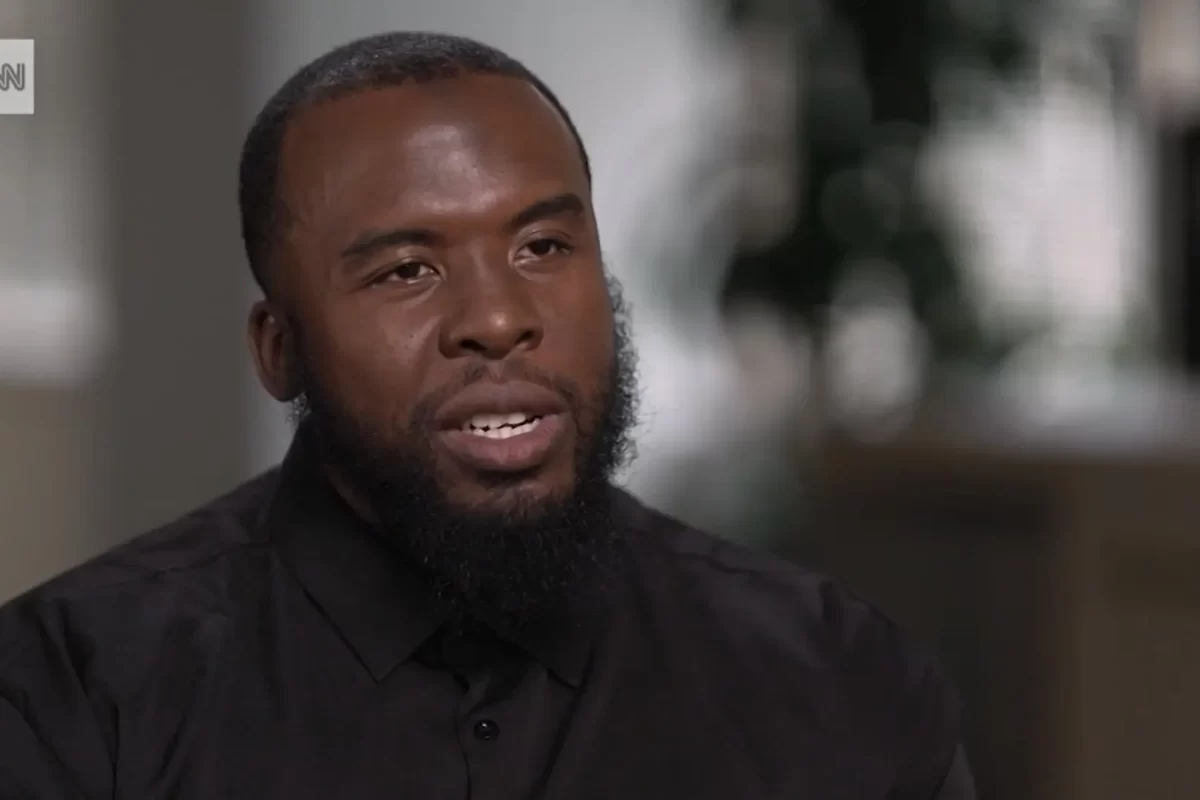Convicted As a Teen Despite Physically Being Unable to Commit the Crime: C.J. Rice Cleared of Charges After More Than a Decade In Prison
A little over a decade ago, a Philadelphia man was found guilty of a crime, despite his own doctor testifying that he was physically unable to carry out the shooting due to a serious injury to his pelvis.
C.J. Rice received a 30- to 60-year prison sentence for a shooting in Philadelphia that left four people injured, according to The New York Times. But now Rice has seen his charges dropped in connection with a crime for which he was convicted in 2013 by the Commonwealth of Pennsylvania.
His overturned conviction and the state’s subsequent decision not to retry him on the charges mark the culmination of a lengthy legal battle and point to how ineffective legal representation can disrupt justice. The case gained national attention after CNN correspondent Jake Tapper was alerted to it by his father, Dr. Theodore S. Tapper.
Dr. Tapper, who had served as Rice’s pediatrician in 2011, testified that Rice, then 17 years old, could not have physically carried out the 2011 shooting due to a previous shooting incident that left him with a shattered pelvis, severely limiting his mobility, as reported by CNN.
His journey toward justice began in 2016 when Rice sought Dr. Tapper’s help in obtaining medical records related to his previous shooting, which were not presented during his trial. Those records provided crucial evidence supporting Rice’s innocence, demonstrating his physical incapacity to commit the crime he was accused of.
“For me personally, I’m glad to see this wrong, righted,” Rice told CNN in an exclusive interview after his release from prison when his conviction was overturned. “Can’t call it a mistake. Because the Commonwealth of Pennsylvania’s judicial system had at least five separate times to correct this specific situation, and chose not to act in the interest of justice.”
The shooting occurred in September 2011 at a residence in Point Breeze, injuring four individuals: a young man, along with his mother, sister, and cousin, according to the district attorney. Witnesses reported that two or three gunmen wearing hoodies were involved and that they escaped the scene on foot.
Rice had known the victims for years. He was named as a suspect shortly after the incident based on an anonymous tip received by the police, and then one victim subsequently naming him as a shooter. Rice had been experiencing mobility issues at the time of the shooting as he recovered from injuries he sustained in another shooting weeks earlier.
Rice told CNN: “Either the Court did not review the case as the public trust endowed the court the ability to do so, or the Pennsylvania Courts did review the case and chose to allow a clear injustice to stand for as long as no one else knew what was going on. For that, the Pennsylvania Court system is blameworthy and not worthy of any confidence. Nonetheless, my comment to any DA, state, prosecutor, commonwealth who has an innocent person behind bars, let them free!”
Rice’s reversal of fortune comes amid wrongful convictions continuing to be a serious issue in the United States, especially among Black men. As of 2023, The National Registry of Exonerations has recorded more than 3,000 cases of wrongful convictions in the United States, per a report by the U.S. Department of Justice.
In fact, a separate report conducted by researchers at the University of Michigan Law School and others, found Black Americans are disproportionately affected by wrongful convictions.
According to “Race and Wrongful Convictions in the United States 2022,” after reviewing the cases of 3,200 innocent defendants exonerated in the U.S. since 1989, the report revealed African Americans are seven times more likely than white Americans to be falsely convicted of serious crimes. Black people account for 53 percent of exonerations.
As for Rice, he eventually received a new attorney, who then filed a habeas petition in December 2022, arguing that Rice’s previous defense counsel had incompetently stipulated to evidence that falsely implicated Rice in the shooting, ABC News in Philadelphia reported. That later led to Judge James Eisenhower granting the motion to overturn the conviction. This week the Philadelphia District Attorney’s Office told a court that all charges against Rice were dropped.
After thorough investigation, the sentencing review committee recommended dropping the case, citing insufficient evidence to convince a jury of Rice’s guilt beyond a reasonable doubt.
“The thing that likely resulted in his conviction was that his defense council was so ineffective,” a source from the DA’s office told CNN, acknowledging the weaknesses in the case handled by prior prosecutors. Rice expressed relief and gratitude, stating, “For me personally, I’m glad to see this wrong righted.”

